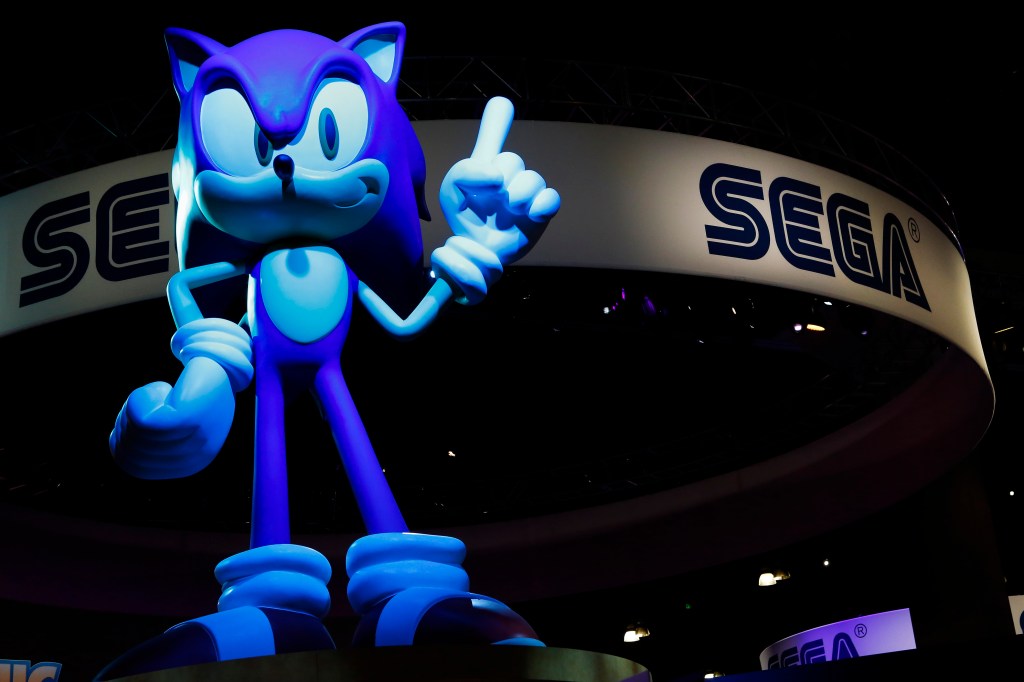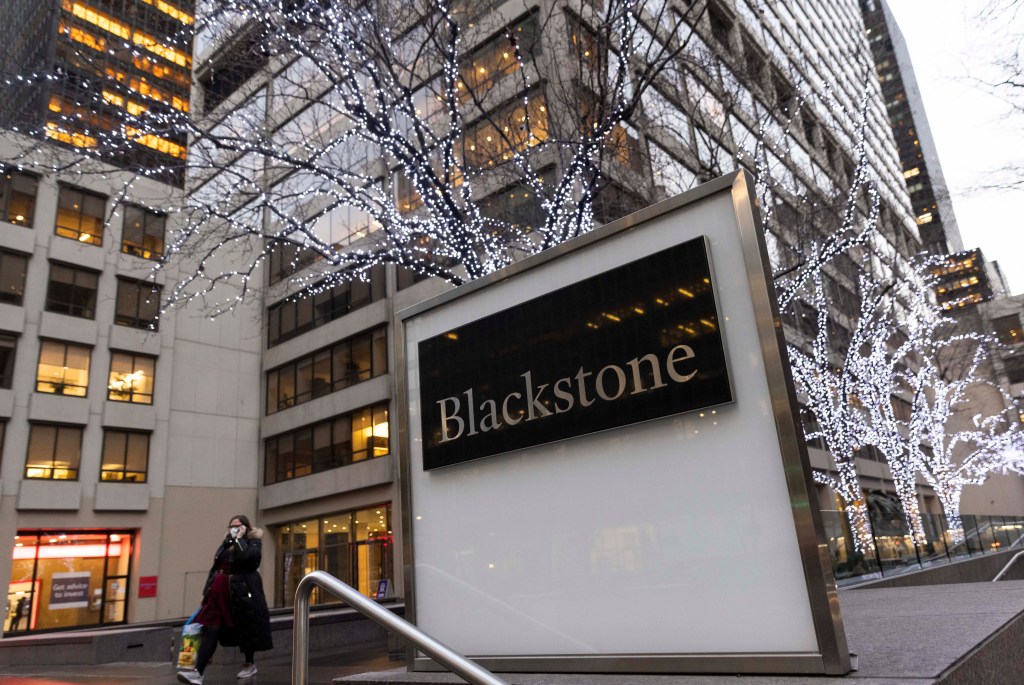On Friday, 38,000 union dockyard workers will shut down all 29 of the U.S.’s Pacific Coast ports to protest the killing of George Floyd, in the most sweeping action yet taken by a labor union in solidarity with protests against nationwide police brutality this spring.
The shut down, staged by members of the International Longshore and Warehouse Union (ILWU), who handle billions of dollars of cargo, will be the largest work stoppage that one of the country’s most powerful unions has undertaken in more than a decade.
Videos by VICE
“All the way from Washington [state] to San Diego, the ILWU will be standing by in honor of brother George Floyd and in our quest to end systemic racism and police terror,” Trent Willis, president of ILWU Local 10 in Oakland, told Motherboard. “It’s sad that we’re dealing with the same issue stemming from systemic racism that we were dealing with in the 1930s.”
Known for its demonstrations of political protest, the labor union was one of the first in the United States to desegregate its ranks in the 1930s, at a time when Black workers were used as “scabs,” or replacements for striking dockyard workers.
The work stoppage is planned for Juneteenth, which commemorates the day in 1865 that Texas slaves received news of their freedom, two years after the passage of the emancipation proclamation. Not recognized as an official U.S. holiday, labor unions and racial justice organizations have planned marches and rallies for Friday—and a smattering of major companies, including Uber, Nike, and Mastercard, have declared it a holiday. New York governor Andrew Cuomo has also declared it a state holiday.
The decision to stop work on Juneteenth was a logical one for the ILWU, given its enduring status as one of the nation’s most militantly anti-racist unions. In the 1940s, the union fought back against the internment of Japanese Americans. And in 1984, in violation of their union contract, longshore workers in the Bay Area refused to unload cargo from a South African ship for 11 days in protest of apartheid. More recently, the union’s members have shut down Pacific ports over the Iraq War in 2008 and the police killing of Oscar Grant at Oakland’s Fruitvale Station in 2010.
“[The ILWU understands] that laws in this country were made to hurt workers, just as laws in the south were made to hurt Blacks. This type of work stoppage is what needs to be done by every union in the country,” Jack Heyman, a former longshoreman and one of the lead organizers of Friday’s shutdown told Motherboard.
In the past, ILWU members have not hesitated to engage in illegal strikes—those prohibited by union contracts—but Friday’s work stoppage will be legal; Juneteenth coincides with the ILWU’s monthly daylong union meeting, which is protected by its union contract.
In March, as a cruise ship with several hundred confirmed COVID-19 cases anchored off the coast of San Francisco, Motherboard reported that ILWU workers threatened to close ports in protest of unsanitary working conditions that threatened workers with unnecessary exposure to Coronavirus.
“At first there was some resistance [to shut down ports among leaders], but there was overwhelming support from the bottom up. After Seattle, Portland, and Los Angeles agreed, all the other unions fell in line,” Heyman continued. “The decision to stop work was unanimous.”
The idea for the Juneteenth work stoppage was spearheaded by ILWU Local 10 in Oakland—a particularly militant local with a membership that is 75 percent Black, according to its president. Soon they received support from cities up and down the coast.
Members of the International Longshoremen’s Association (ILA), which represents dockyard workers on the East and Gulf coasts, declined informal invitations to join the work stoppage, according to ILWU members.
Friday’s work stoppage will culminate in rallies in the ports of Seattle and Oakland, where activist and scholar Angela Davis and filmmaker Boots Riley will give speeches.
Since George Floyd’s murder, union workers across the country have staged a number of actions in solidarity with Black Lives Matter protesters. Bus drivers in Minneapolis, New York City, and Washington DC refused to transport police officers and arrested protestors. Meanwhile, organized labor groups representing journalists and teachers have pushed labor leaders to sever ties with police unions. The ILWU’s Juneteenth work stoppage has received endorsements from Bay Area teachers, transportation workers, and nurses unions.




